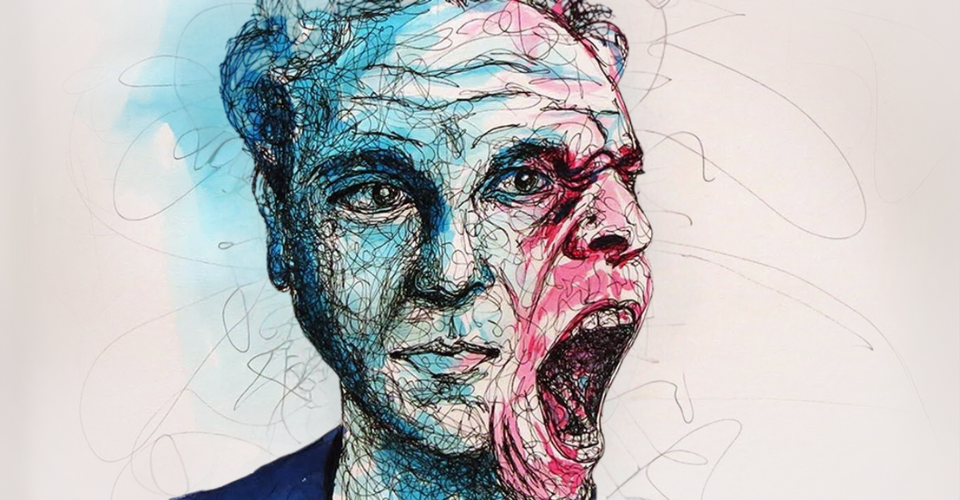In the realm of psychology, narcissism is a personality trait that has intrigued experts and the curious alike for years. Self-centeredness, an inflated sense of self-importance, a constant need for excessive admiration, and a distinct lack of empathy, are the major traits of narcissists which may at times appear overtly confident and superior.
However, beneath this facade lies a world of complex psychological traits that are anything but apparent. These concealed aspects of narcissism can be subtle yet equally impactful, and recognizing them is essential for a deeper understanding of this intriguing personality trait.
One of the most concealed traits within narcissism is the presence of fragile self-esteem. While narcissists may project an aura of unshakable self-confidence, beneath the surface, their self-esteem is remarkably delicate.
They are highly sensitive to criticism, often interpreting even minor feedback as personal attacks. To safeguard this fragile self-esteem, narcissists employ tactics such as denial, rationalization, or blame-shifting. These mechanisms allow them to protect their self-worth, which is intricately tied to their grandiose self-image.
A constant hunger for admiration and validation is a natural consequence of this vulnerability. Those who provide this attention are cherished and elevated, while individuals who fail to meet these expectations are swiftly dismissed or devalued. The interplay of these factors can lead to a perpetual cycle of seeking external validation, often making relationships with narcissists challenging and emotionally taxing.
Narcissists possess a chameleon-like adaptability that grants them the ability to seamlessly blend into diverse social environments. This trait remains hidden as they skillfully present varying versions of themselves to different people.
By mirroring the preferences, beliefs, and values of those they interact with, they craft a deceptive connection that seemingly aligns with each individual’s ideals. This adaptability serves as a powerful tool for gaining control, admiration, and influence.
However, the double-edged sword of this trait is that it can sow confusion and disillusionment when people inevitably realize the inconsistency in the narcissist’s behavior. These relationships, built on a facade, may ultimately crumble when those involved come to terms with the manipulation at play.
This chameleon-like quality reflects the narcissist’s capacity to manipulate perceptions and maintain a facade that suits their interests, often at the expense of genuine emotional connections.
Narcissists are adept at employing subtle emotional manipulation tactics to establish control over those around them. Gaslighting, guilt-tripping, and undermining the self-esteem of their victims are just a few of the methods they employ.
This emotional manipulation can be challenging to detect as it operates on a subtle level. Narcissists strategically manipulate emotions to make their targets doubt their feelings and perceptions, rendering them emotionally dependent.
This insidious form of control allows narcissists to assert dominance and maintain a sense of emotional authority over their victims. Victims are left in a state of perpetual self-doubt, uncertain of their emotions and perceptions, which reinforces their reliance on the narcissist.
The emotional manipulation undertaken by narcissists is a covert method of control that enables them to perpetuate their dominance over individuals within their sphere.
In conclusion, narcissism is a multifaceted personality trait with layers that often elude casual observation. Understanding the hidden traits of fragile self-esteem, chameleon-like adaptability, and emotional manipulation is crucial in comprehending the complex nature of narcissistic individuals.
By shedding light on these concealed facets, we can gain deeper insights into the behavior and motives of those who exhibit narcissistic tendencies.




























